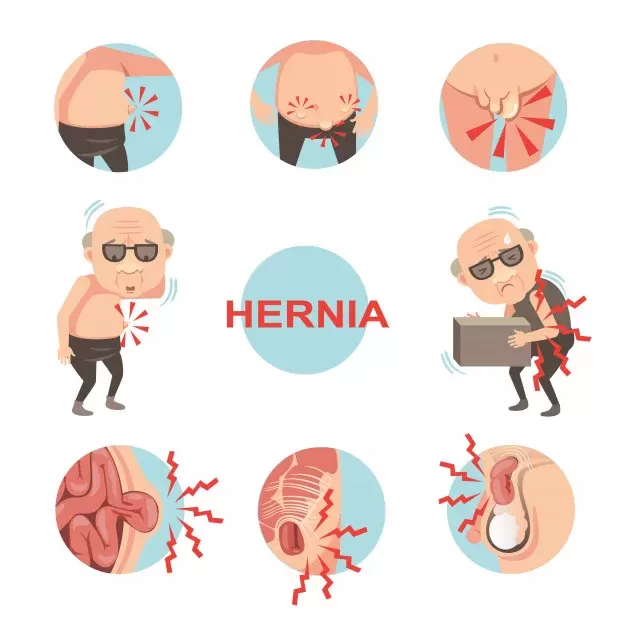
The 5 Most Common Questions About Umbilical Hernia Surgery
Umbilical hernia surgery is a very common surgical procedure, and typically one of the safest ones with a nearly perfect success rate. It’s often done on infants since post-natal hernias are very common, however, adults can get umbilical hernias too.